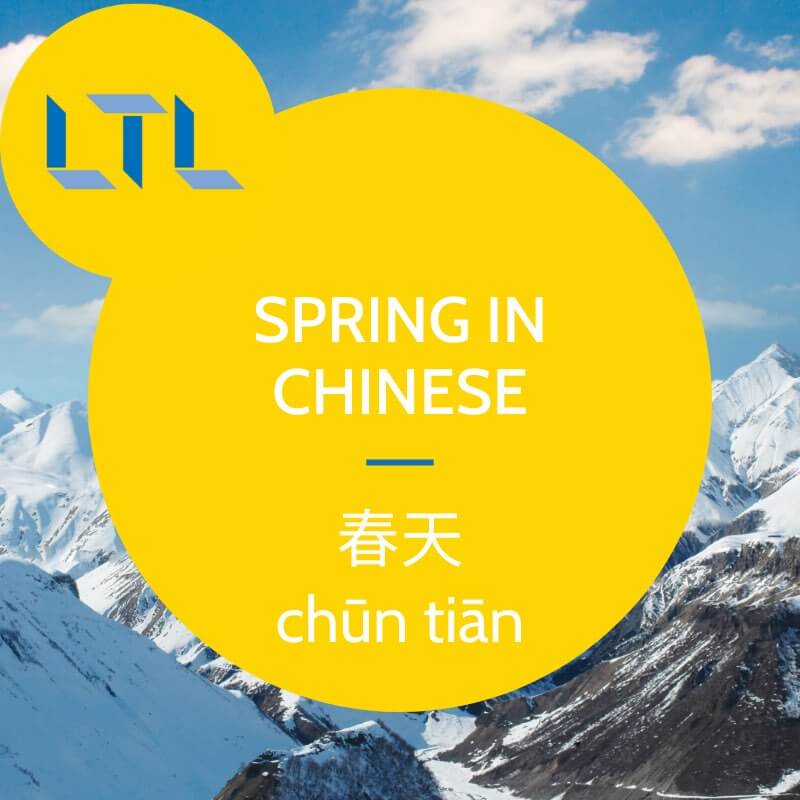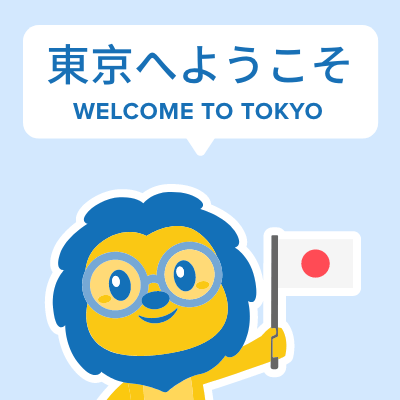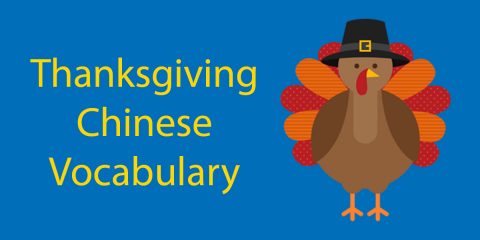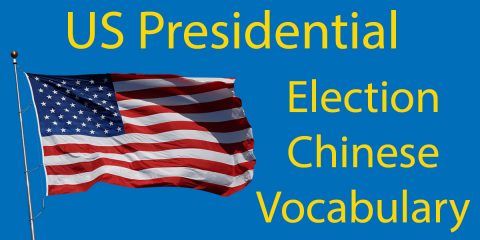Guide to Allergies in Chinese
Spring is a wonderful season. The long, dark, winter months are behind us.

We are ready to enjoy the rebirth of nature. The days are starting to get longer and it starts to feel warmer.
Birdsong reaches a peak during this season. Hibernating animals come out of their winter sleep and flowers bloom.
Everything returns to a state of luscious green and vibrant colours, but, wait… it’s not all a bed of roses!
While discussing all the positive aspects of Spring there is one “minor” detail we forgot to mention which varies on the person. Allergic reactions!
Starting from allergies common in Spring, let’s learn how to talk about allergies in Chinese!

Peanut Allergies in China ⚠️ 5 Danger Zones
Peanut Allergy in China ⚠️ Danger Zones You Must Be Aware Of How is it possible to live with a Peanut Allergy in China? Can it even be done? Allergies are never easy, but it is possible to live in…
“I am Allergic” in Chinese
The word for “allergic” and also “allergy” in Chinese is 过敏 (guòmǐn) so it can be both a noun or a verb.

If you want to say “I have a skin allergy” you would say “我有皮肤过敏” (Wǒ yǒu pífū guòmǐn).
However, if you want to say “I am allergic to something”, to dust, for example, you would say “我对灰尘过敏” (Wǒ duì huīchén guòmǐn)…
Literally “我 I + 对 to + 灰尘 dust + 过敏 allergic”.
So if you want to say you are allergic to pollen in Chinese you’d say “我对花粉过敏” (Wǒ duì huāfěn guòmǐn).
Pollen in Chinese is literally “flower powder” = 花 (huā) flower + 粉(fěn) powder.
Another common allergy typical of Springtime is “hay fever” (allergic rhinitis).
The nemesis of so many around the world! Hay Fever is characterized by a runny nose 流鼻涕 (liú bítì) 流 “to flow”+ 鼻涕 “nasal mucus”, sneezing 打喷嚏(dǎ pēntì), and stuffy nose 鼻塞 (bísè).
“Hay fever” in Chinese is “花粉症” (huāfěn zhèng). The character 症 (zhèng) is used for any kind of disease or illness.
What about addressing someone after they sneeze?
“Bless You” in Chinese
During Chinese classes when foreign students ask, teachers usually say that the Mandarin version of “Bless you” 一百岁 (Yībǎi suì) which literally means “one hundred years”
This is to wish to the one who sneezed to live 100 years, because, as we know sneezing cuts years off your life!
We hope our post was useful for you when talking about allergies in Chinese.
We have more coverage on allergies in China including our post on Danger Zones in China if you are allergic to peanuts, alongside much more.
Allergies in Chinese – FAQ’s
How do you say Allergy in Chinese?
过敏 guò mǐn
How do you say Bless You in Chinese?
一百岁 yī bǎi suì which literally means, 100 years old!
How do you say Hay Fever in Chinese?
花粉症 huāfěn zhèng
How do you say Pollen in Chinese?
花粉 huā fěn which is literally flower powder
How do you say I am Allergic to Pollen in Chinese?
“我对花粉过敏” Wǒ duì huāfěn guòmǐn
Want more from LTL?
If you wish to hear more from LTL Mandarin School why not join our mailing list.
What about Online Chinese Classes? We’ve got a course for everyone which you can enjoy from the comfort of your own home.
We give plenty of handy information on learning Chinese, useful apps to learn the language and everything going on at our LTL schools! Sign up below and become part of our ever-growing community!
















 Hi, my name is Manuel! I am from Spain and I am a Student Advisor at LTL. I’m now based at our Seoul School after living 3 years in Taipei.
Hi, my name is Manuel! I am from Spain and I am a Student Advisor at LTL. I’m now based at our Seoul School after living 3 years in Taipei. Hi, my name is Mojca! I am from Slovenia in Europe and I work as a student advisor at our Shanghai school.
Hi, my name is Mojca! I am from Slovenia in Europe and I work as a student advisor at our Shanghai school.





6 comments
[…] Allergy 过敏 guòmǐn […]
[…] Impara di più sulle allergie in Cinese […]
HAY FEVER THE WORST
Oh isn't it just Shamil!!
[…] I’m allergic to X: 我对 X 过敏 – wǒ duì X guò mǐn […]
[…] you have any sort of food restriction or allergy, being able to pick something suitable from the menu is […]